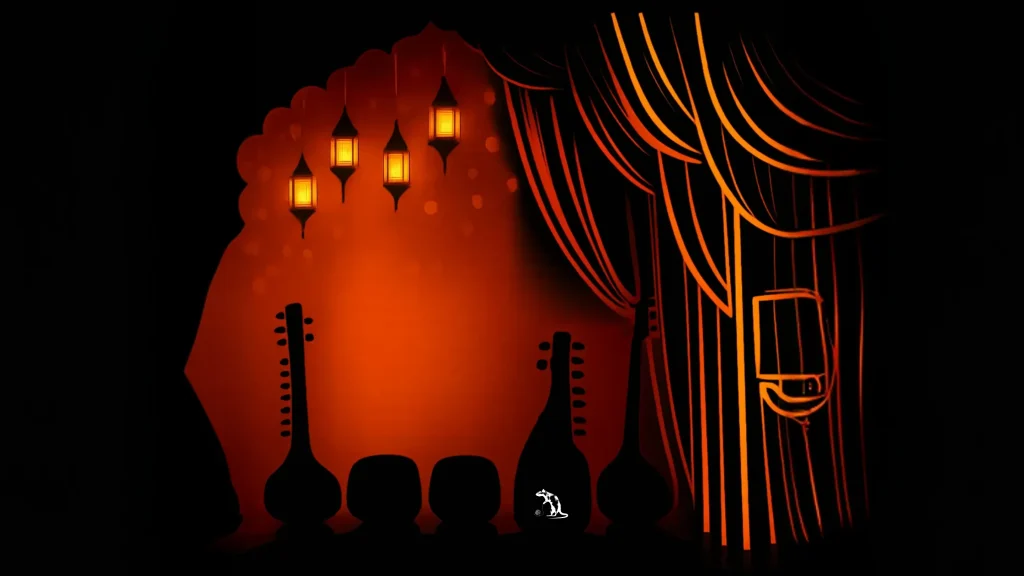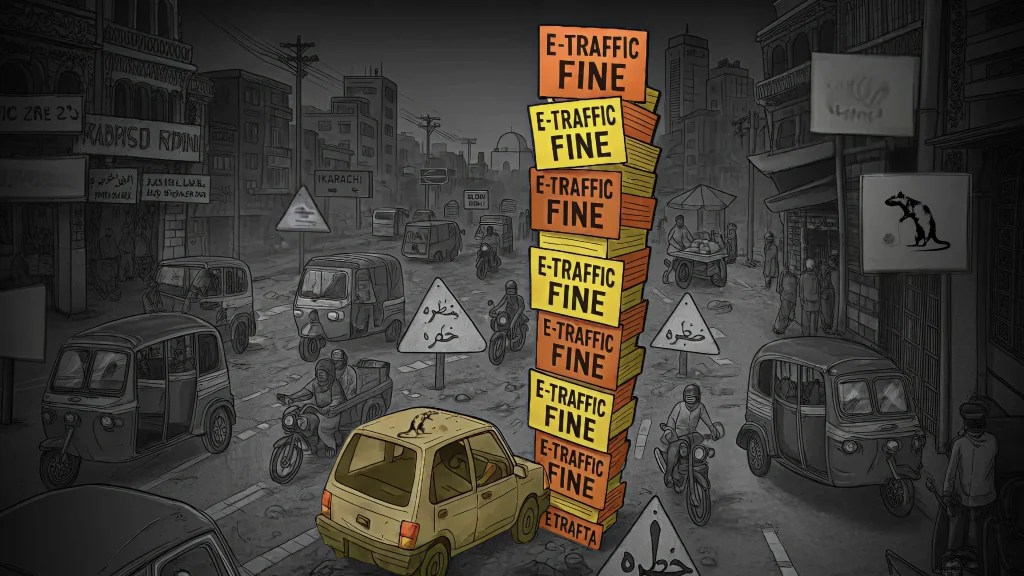Postmodernism is Cringe
All civilizations, at their core, have been structured around the need for coherence. The human mind does not simply observe reality; it organizes, categorizes, and imposes meaning upon it. From the earliest myths to the most intricate legal systems, our species has always sought patterns—because without them, the world is just noise. This instinct for order is not arbitrary; it is what allows societies to function, to build, to believe.
And yet, for the first time in history, we have begun to question whether structure itself is necessary. Postmodernism, a movement born out of skepticism toward prior narratives, has dismantled our old ways of thinking without replacing them with anything concrete. Truth becomes incoherent, morality is reduced to social constructs, and identity is fluid to the point of exhaustion. The result? A world that no longer knows what it believes, yet cannot escape the consequences of belief.
A lot of postmodern claims can be directly classified as sophistry. A rejection of logical principles.
Take, for example, Foucauldian paradigms and the assertion that “truth is a construct, shaped by power structures.” While this statement might gain some basic validity through further elaboration, and despite how cleverly it is phrased, its persuasiveness comes not from the strength of the argument itself but from rhetorical dominance.
The fundamental problem with Foucault’s analysis of power structures is its inherent contradiction. No one can fully determine the contingencies applied in any given dynamic, yet Foucault rejects universals while simultaneously constructing an overarching framework that functions as a universal one. This, I believe, is the greatest flaw of postmodern thought: the error of denying error.
Similarly, the claim that “words don’t have fixed meanings” is another weak proposition. There is either definition or ambiguity—meaning exists by virtue of any vocalization’s inherent structure. To deny this is to strip language of coherence.
Postmodern critiques of modernism often seem to be critiques for the sake of critique, overlooking the deeper issues that actually demand scrutiny.
I once leaned toward postmodern-inclined Marxism and endorsed many of these flawed propositions—until I learned logic.
Ultimately, every claim I’ve presented here points to a singular consequence: the erosion of coherence. It justifies an instinctive urge to embrace contradictions rather than resolve them.
This rejection of truths and universals is not the intellectual revolution many assume it to be. The tendency to view every major societal shift as inherently positive stems from the illusion that change itself is progress. In reality, this is not progress—it is civilizational decay masquerading as advancement.
By dismantling structures and spectrums, we do not attain freedom; we become aimless. Our purposes grow incoherent, our foundations unknowable. A society that questions the very nature of reality without providing an alternative is not evolving—it is paving the way for its own collapse.
Now that I have clarified what postmodernism is and the issues it presents, it is time to address the greatest cultural flaw within the philosophical foundation of contemporary society.
Identity has transmuted into an endless performance. People are no longer something; they must constantly assert what they are. In attempting to dismantle pre-existing paradigms and structures, postmodernity did not liberate individuals—it merely replaced the old frameworks with new, arbitrary identities and categories.
Literature, film, and art no longer seek to tell grand, sweeping tales about the human experience. Instead, they revel in ambiguity for its own sake, mistaking incoherence for depth.
As Chomsky says: “postmodernism is cringe”.
During the COVID-19 pandemic, people began questioning the very purpose of work. Influenced by postmodernist narratives that identity should dictate career choices, many rejected “traditional” jobs in pursuit of something that felt more authentic—whether through freelancing, content creation, or quitting entirely to “find themselves.”
But what was the outcome? Many soon realized that purpose cannot be conjured from thin air. Some abandoned stable careers only to find themselves in financial instability, while others returned to the very jobs they had left, disillusioned by the notion that work must always be personally fulfilling.
Postmodern ethics collapses into sheer voluntarism—morality dictated by will, not reason. It denies objective good, reducing ethics to shifting social power. Without fixed principles, justice becomes arbitrary, truth a construct of dominance, and moral discourse mere performance. A system that deconstructs all norms leaves nothing worth defending.
To clarify even more, “postmodern” isn’t referring to the movement initiated within those times, although it truly is that the postmodern ethics, dilemmas, rejection of truths and so on have become modernity. So every single time you go on to write polemics against foundational principles of modernity, you are criticizing the fundamental metaphysics of postmodernism in actuality.
But has everything gone into decay? Do our philosophical and meta-ethical systems have no probability of standing and recreating a coherent, dialectical and social contract now impossible? Civilization cannot thrive without fundamental truth, the greater crime is deconstructing and abolishing the Right Ideal, or the Right Truth in order to imply a false, subjective one. The idea that some things are self-evident is not dogma; it is the pillar of progress.
Instead of reducing everything to subjective opinion and for our selfhood to consistently reload its instinctive, hedonist urge, there must be a reclamation of logical reasoning, syllogistic thought and social coherence, alongside moral principles. A society that looks inward will be ignorant of the outward; to break ourselves free, we must break ourselves. Thus, i conclude, that the necessary underlying perquisite in this quest to rebuild our souls again must have these fundamental qualities:
- 1.Anchoring – Truth must be fixed beyond human whims.
- Hierarchy of Knowledge – Not all opinions are equal; wisdom must guide intellect.
- Communal Responsibility – Society thrives on duty, not self-indulgence.
- Moral Absolutes – Justice is objective, not a social construct.
- Mastery of Desire – True freedom comes from self-discipline.
- Balance of Rationality & Tradition – The past holds truth, but application requires wisdom.
- Higher Order – Law and ethics must reflect a greater metaphysical harmony.



